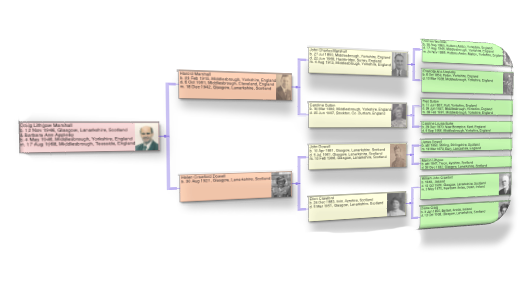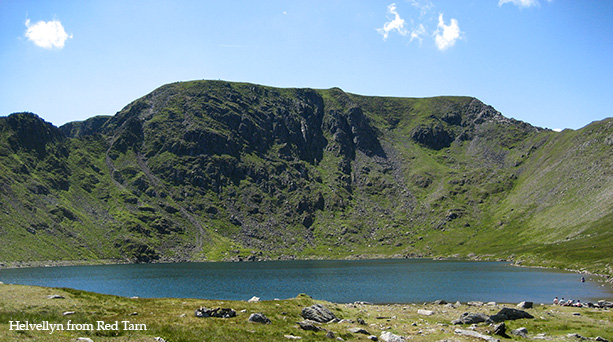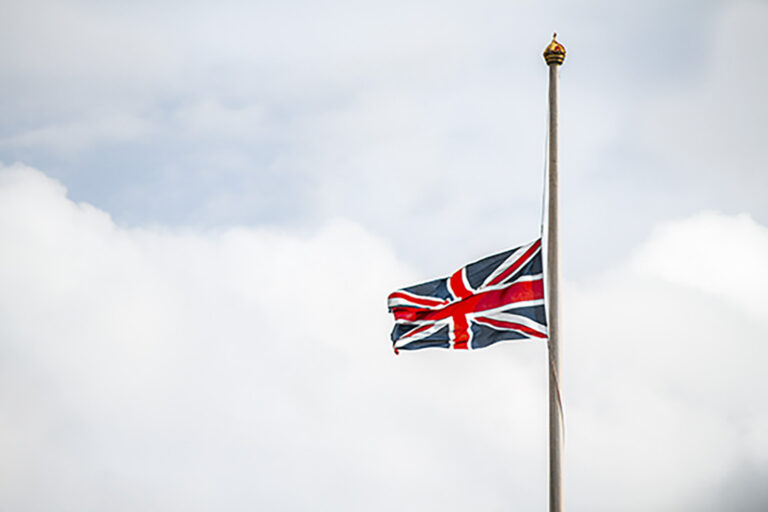My sister Lesley emigrated to America decades ago. She settled in a small rural community in northern Utah called Deweyville. The residents pronounce the name “Dooeyville”. In England it would be “Jooeyville”, and for a number of years this is the pronunciation I used. I wonder, though, if it isn’t disrespectful to visit another country and insist on pronouncing their names according to our own tradition. It’s their town after all; surely they’re entitled to decide the pronunciation. And what about personal names? In the US Bernard becomes Bernard, with a stress on the second syllable; in the UK it’s Berna’d, the second “r” almost silent. Who is right? Surely, the person whose name it is decides. If he’s American, likely the first option, if he’s British, the second. My own name Craig is a challenge for some Americans, who pronounce it Creg; the British “ai” sound is apparently difficult for them. I used to inwardly wince when addressed this way, though I’ve got used to it. Our own given names are a significant part of who we are, for almost everyone.
Names are important, and for religious faith names become hugely significant. Recently, I’ve been wondering what my name was in the pre-mortal life. It certainly wasn’t Craig. Our scriptures give us a few premortal names. Satan was Lucifer and Noah was Gabriel. Adam was Michael, the mighty archangel who led the host which defeated Lucifer in the name of Jesus. Jesus himself was known as Jehovah. His father is Elohim.
Yes, yes, I realise these names are English transliterations of the original Hebrew or Greek. So they don’t answer the question either. Except to hint that we did indeed have a different name in the life before mortality. I wonder if it is an eternal name that remains with us in the next life too? And what language is it in: certainly not English. The scriptures speak of a “pure Adamic language” long since lost, but presumably used in the eternal worlds.
Some people are born with amazing talents which surely developed in a previous existence, child prodigies like Mozart. But what kind of music did he know in the pre-existence? What kind of instruments did he play? Will musical tastes we develop in mortality move with us to the next life? The New Testament says that Christ and his Apostles “sung an hymn” before departing for Gethsemane. That hymn would likely be Aramaic, and the tune different from anything familiar today. So, what wins out? Is a harp more heavenly than a sitar; is a piano preferred over an Arabic tabla?
I find such questions fascinating, though not very productive of answers and probably not very important. We will all discover the truth someday. I hope, and I suppose my friends hope even more, that my sense of pitch will be more accurate then than now!
Parents agonise over names for children, often inflicting them with names of celebrities. At one time in some cultures, names were a family tradition, or chosen to reflect characteristics a baby seemed to have, or parents hoped would develop. I’m named after two great-grandmas: Diana Craig and Marion Lithgow.
And what about titles: “Mr”, “Mrs”, “Dr”, “President”, “Bishop”, or how about “King”? I expect like me you watched the coronation of King Charles III. The precision and skill brought centuries of tradition to life. I was pleased that other faiths were represented in a small way, but it was substantially a Christian event. Properly so, since the King is head of the Church of England and Britain is still a predominantly Christian country. Centuries of Christian heritage is a foundation that holds our nation together.
The Church of Jesus Christ of Latter-day Saints has thirteen Articles of Faith. The twelfth states: “We believe in being subject to kings, presidents, rulers and magistrates, in obeying, honouring and sustaining the law”. On this occasion, we crowned a king who is constrained by an elected parliament. We are not a republic and not a true monarchy. The King is our Head of State and the UK is a “Parliamentary Monarchy”. Critics mistake the nature of our kings and queens. Their person symbolically represents the nation. We witnessed the crowning of the United Kingdom, in the person of King Charles III. It was a time for celebrating our country, and rededicating our part in its support. National patriotism is desperately needed in our time, when cynicism and sneering negativism are widespread. Titles and names are significant and consequential.
The name Jesus Christ was frequently mentioned in the Coronation. At the start of proceedings, 14 year-old Samuel Strachan, the longest serving chorister of the Chapel Royal, said to King Charles: “Your majesty, as children of the Kingdom of God, we welcome you in the name of the King of Kings”. He replied “In his name and after his example, I come not to be served but to serve”. After this, Archbishop Welby said: “we are gathered to give worship and praise to Almighty God; to celebrate the life of our Nation . . . Let us dedicate ourselves alike, in body, mind, and spirit, to a renewed faith, a joyful hope, and a commitment to serve one another in love.”
Jesus Christ is the King of Kings, and his preeminence was emphasised throughout the service. In our Church we do everything in his name.
I’ve often wondered what people think when they hear my name. Quoting Rabbie Burns: “O wad some Power the giftie gie us / Tae see oursels as ithers see us!” Some people light up the room when they walk in. We are glad if certain names are signed up for an event we plan to join. We are inspired and uplifted by the presence of some individuals. So yes, names are important and have power. Our names reflect our person, the kind of human being we are. I suppose the early disciples experienced joy when they knew Jesus would be join them.So: what about your name or mine? Does it carry the feeling for others we hope for? Does it convey competence, strength, dependability, generosity, kindness? Well, like Rabbie Burns, we can’t tell, but it’s a project worth working on.




I was very pleased to uncover this site. I need to to thank you for your time for this particularly wonderful read!! I definitely enjoyed every part of it and I have you book-marked to see new information on your site.